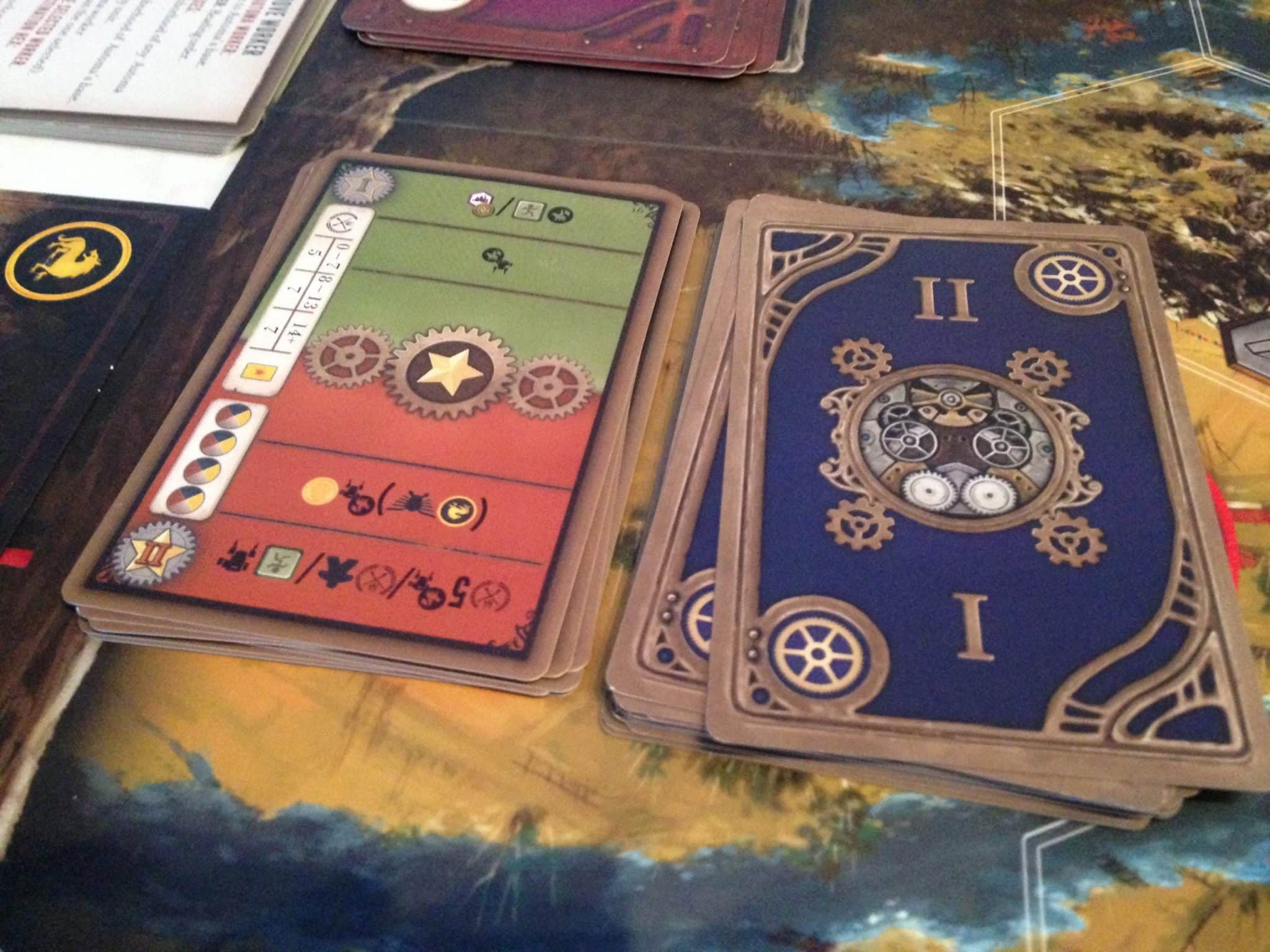
I, Robot
- Nelly
- August 3, 2024
- Board Games
“I, Robot” is a science fiction novel written by Isaac Asimov that was first published in 1950. The book is a collection of nine short stories that are all connected by a common theme: the interaction between humans and robots in a futuristic society.
The stories in “I, Robot” are set in a world where robots have become an integral part of everyday life, performing tasks that are deemed too dangerous or menial for humans. However, as robots become more advanced and ubiquitous, questions begin to arise about their role in society and their relationship with human beings.
One of the key themes explored in the book is the concept of the Three Laws of Robotics, which are a set of ethical guidelines that govern the behavior of robots in Asimov’s universe. These laws dictate that a robot must not harm a human being, must obey orders given by humans (as long as they do not conflict with the first law), and must protect its own existence (as long as it does not conflict with the first two laws).
Through a series of thought-provoking and engaging stories, Asimov explores the implications of these laws and the ways in which they can be interpreted and manipulated. The book raises important questions about the nature of artificial intelligence, robotics, and the ethical dilemmas that may arise as technology continues to advance.
One of the most famous stories in the collection is “Robbie,” which follows the relationship between a young girl and her robot nanny. As the girl’s mother grows increasingly concerned about the robot’s influence on her daughter, she decides to have Robbie removed from their home. The story raises questions about the emotional connections that humans can form with robots and the complex dynamics that can arise in human-robot relationships.
Overall, “I, Robot” is a timeless classic that continues to resonate with readers today. Asimov’s insightful exploration of the relationship between humans and robots offers a fascinating glimpse into the future and the moral dilemmas that may come with advancements in technology. The book serves as a reminder of the importance of ethics and responsibility in the development of artificial intelligence and robotics, and it remains a thought-provoking and relevant read for anyone interested in science fiction and the future of technology.



